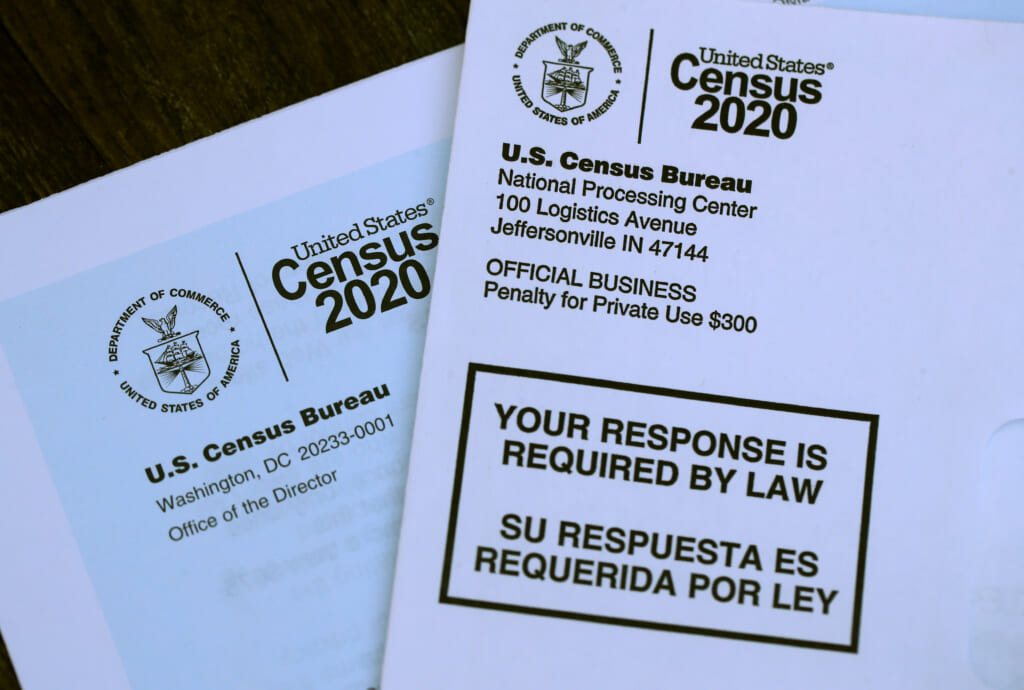Questions raised about census after court rules against shortening count
Federal courts found the administration's rationale for changing census rules lacked merit
Twice in the past 15 months, the Trump administration has attempted to change significant parts of the 2020 census.
After analyzing the administration’s reasoning for the changes, federal courts found the administration’s rationale lacked merit.

The first attempt was in June 2019, when the administration said it wanted to add a question about citizenship to the census in order to uphold the Voting Rights Act, but the Supreme Court called that reasoning, “contrived.”
In a second attempt, the administration decided to end the census months earlier than planned, but a federal district judge in California ruled that the Commerce Department had “never articulated a satisfactory explanation” for that decision.
Read More: Minorities may be left behind with 2020 Census deadline fast approaching
Those attempts to interfere with the census bring to mind several questions: What is the administration’s purpose in tampering with the census? And why is it being so vague about its reasoning?
According to the New York Times, critics of the administration say the answers are quite simple.
In July, President Donald Trump ordered the Commerce Department to prepare state-by-state counts of unauthorized immigrants to prevent them from being counted in any population totals sent to Congress for reapportionment.
Moving up the count was viewed as an effort to ensure that Trump, should he win the election, controls census figures that will be used next year to reallocate seats in the House of Representatives and draw thousands of political boundaries across the nation.
Scholars say the administration’s effort to take advantage of its power over the census to advance its agenda is unprecedented in modern times, where the national count is valued for its accuracy and nonpartisanship.
Read More: Trump to suspend immigration to ‘protect’ American citizens
“Judges and civil servants have generally done a good job of safeguarding democratic institutions and procedures that are specifically grounded in law or, as in the case of the census, in the Constitution,” said Larry Bartels, a Vanderbilt University policial science professor.
“They are less well-equipped to safeguard informal norms.”
The census ruling on Thursday suggested the Trump administration’s surreptitious attempts did not work.
Have you subscribed to theGrio’s podcast “Dear Culture”? Download our newest episodes now!
More About:News









